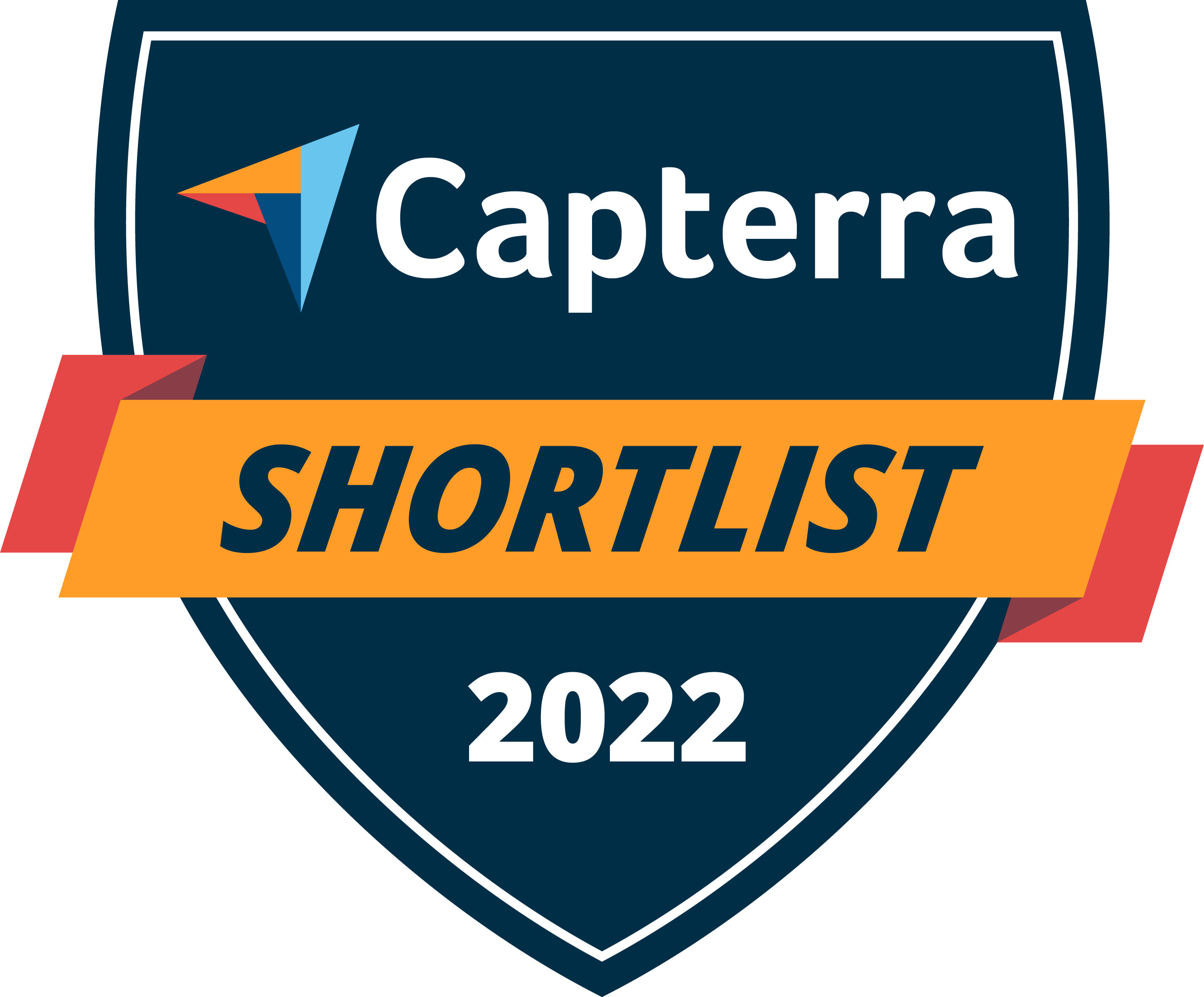Automated License Plate Readers (ALPR) are increasing in popularity, popping up in parking garages and gated facilities around the country. Residential communities are starting to take advantage of the benefits this technology provides, making it easier for residents to quickly get into the community without having to open their window to scan credentials or manually type in a code.
While this technology is promising, it’s still in early stages. If you’re considering exploring ALPR technology for your community, there are four key things you need to know about.
False Readings are Common
The Chicago Tribune covered how police officers have experienced issues utilizing LPR cameras to fight crime. The cutting-edge technology has been known to scan things other than license plates that contain numbers such as mailboxes, street signs, and even billboards. They reported that after continuously dealing with false readings, many officers decided to forgo using the technology.
Fortunately for residential communities, cameras can be professionally installed in specific locations with the most accurate angles to properly capture license plates. However, knowing that vehicles of all different shapes and sizes will be coming through the front gate, there’s still the chance for false readings to occur.
Flat Plates Pose Issues
The majority of state license plates contain raised numbers and letters, making it easy for readers to detect characters and properly scan plates. However, there are several types of license plates that are printed and flat. Colorado, for example, offers numerous flat printed vanity plates, and the classic black and white Texas plate presents the same issue. On the other hand, California recently reissued black and gold vintage car plates, and while these plate have raised letters, many ALPR systems still have an issue parsing the letters and numbers on them. While the majority of residents coming in and out of the community will likely have plates scanners can easily read, you’ll need to take into consideration the frustrations this could present for residents with flat plates who will need assistance from the guard or will have to type in or scan credentials in order to get in.
Proper Lighting is Required
Scanners need the right lighting in order to read the full plate, and this isn’t just an issue that arises at night. Light changes throughout the day present different shadows, making it impossible for cameras to properly read the full plate. If you’re investing in this type of technology, you will need to speak to your dealer about installing the right lighting solution to ensure your cameras will work properly no matter the time of day or night.
Understand Your Local Laws
If you perform a Google search for “license plate readersyou’ll find numerous articles covering privacy concerns and regulations. If you’re planning to invest in this technology, you must first understand your state and local laws around LPR. In California, for example, “any person or entity including public agencies that deploys automated license plate readers (ALPR) or accesses ALPR data must post a privacy and usage policy online.We recommend doing research and even consulting your legal panel to better understand the laws around LPR to ensure you’ll be abiding by them.
For more information about how you can better protect your community, download our free whitepaper, Reinventing Security Technology in the Property Management Space.



